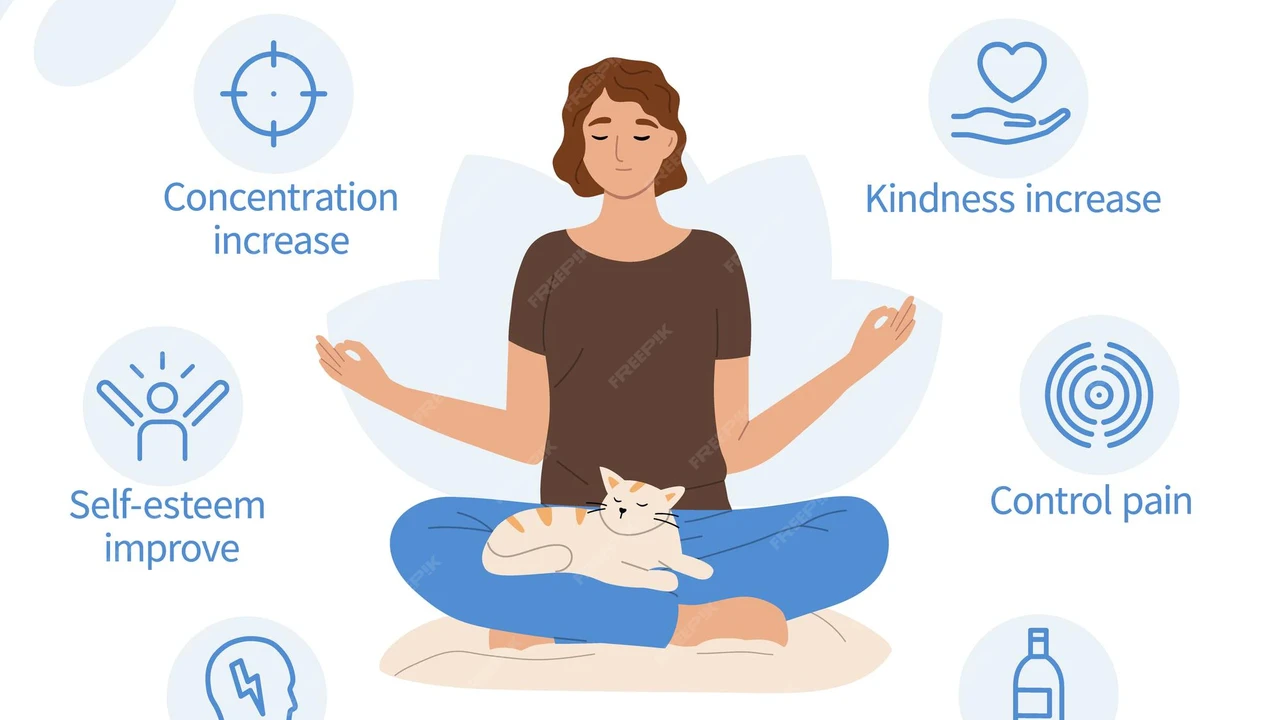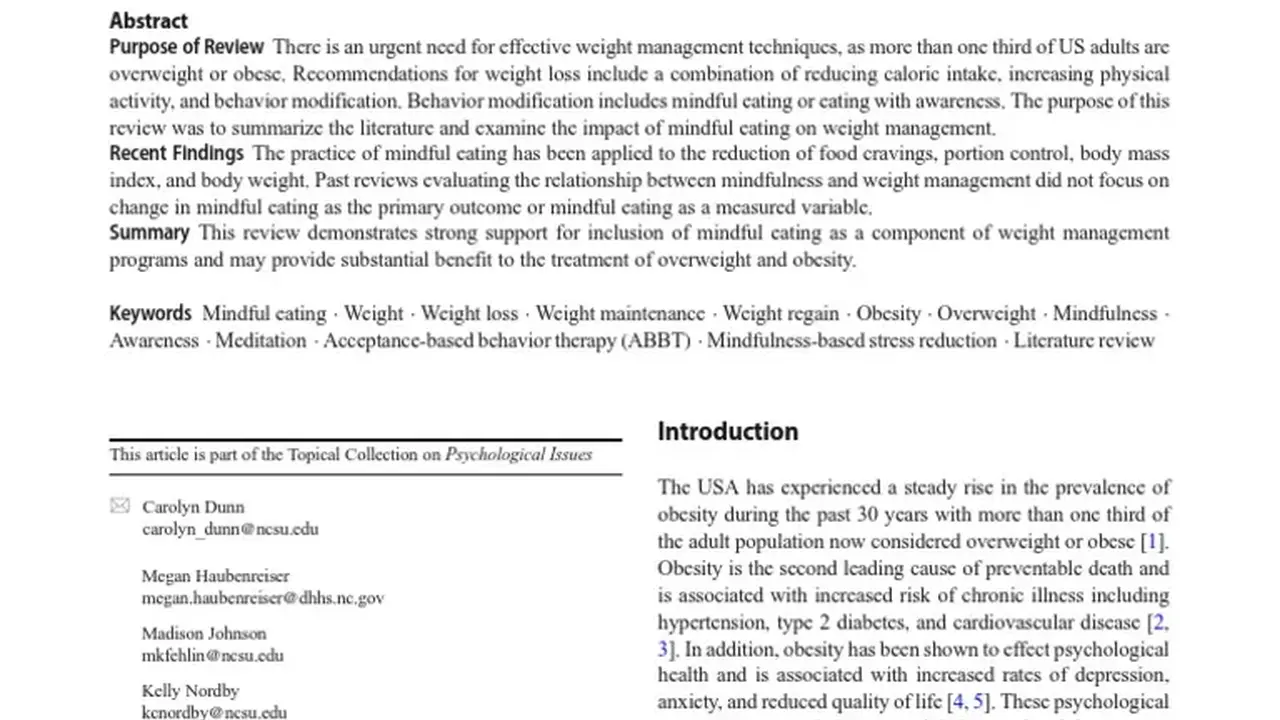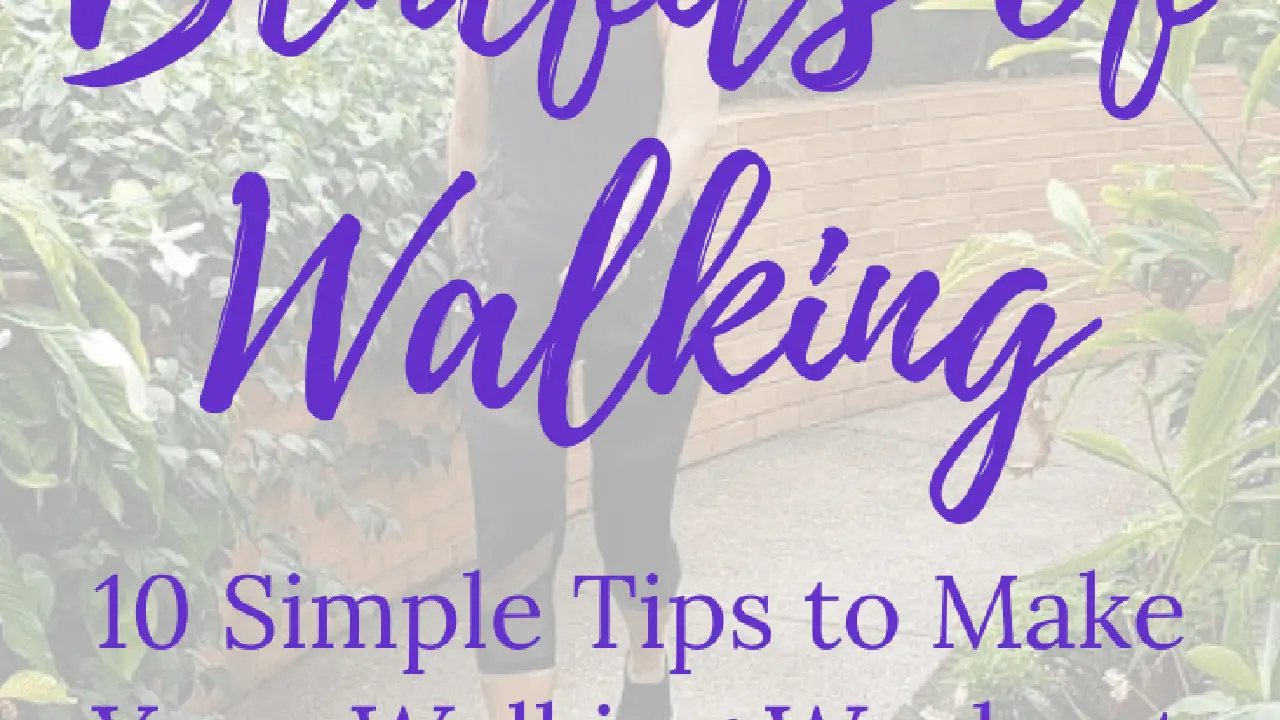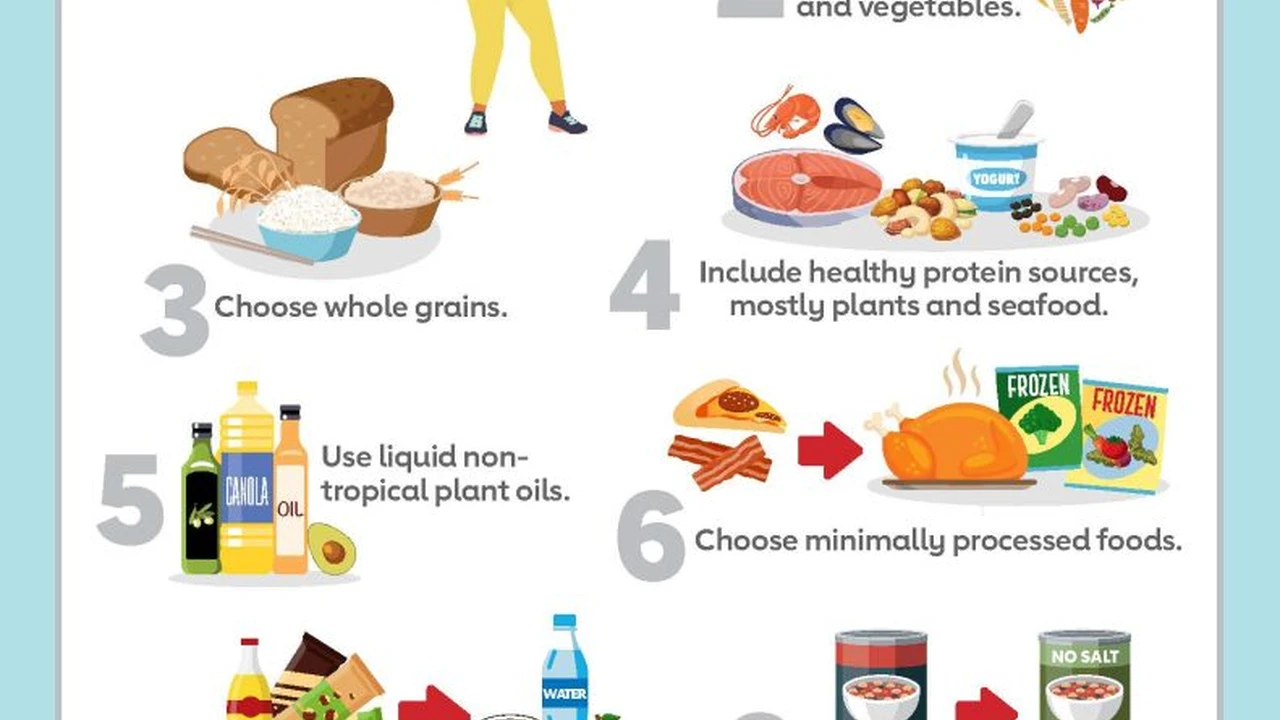The Benefits of Meditation: Reduce Stress and Improve Focus
Sample meta description.

Meditation for Stress Reduction A Deep Dive
Okay, let's talk meditation. Seriously, if you're not meditating, you're missing out. Life's stressful, right? Work deadlines, family drama, that never-ending to-do list. Meditation is like hitting the pause button on all that chaos. It's not about emptying your mind completely – that's practically impossible. It's about training yourself to observe your thoughts and feelings without judgment. Think of it like watching clouds drift by in the sky. You see them, acknowledge them, but you don't get caught up in them. So, how does it actually reduce stress? Well, meditation activates the parasympathetic nervous system, which is responsible for the "rest and digest" response. This counteracts the "fight or flight" response triggered by stress. When you're stressed, your body releases cortisol, the stress hormone. Meditation helps to lower cortisol levels, leading to a sense of calm and relaxation. It also helps regulate heart rate and blood pressure, further contributing to stress reduction. There are tons of different types of meditation, from mindfulness meditation to transcendental meditation to guided meditation. The key is to find one that resonates with you. Don't feel like you have to sit cross-legged on a cushion for an hour. Even five minutes a day can make a difference. Try a guided meditation app, or just find a quiet space, close your eyes, and focus on your breath. There are many studies showing the effectiveness of meditation for stress. It's a practical and accessible tool for managing the daily pressures we all face. The feeling after a good meditation session is often one of increased clarity and calm, making it easier to navigate stressful situations with a more balanced perspective.
Meditation and Improved Focus Sharpening Your Mind
Ever feel like your brain is a web browser with a million tabs open? You're trying to focus on one thing, but your attention keeps getting pulled in different directions. Meditation can help with that. It's like closing all those unnecessary tabs and focusing on the task at hand. Meditation trains your attention muscle. When you meditate, you're practicing bringing your attention back to the present moment. Every time your mind wanders (and it will wander!), you gently redirect your focus back to your breath, a mantra, or whatever your chosen anchor is. This repeated practice strengthens your ability to focus and concentrate. Improved focus translates to better performance in all areas of your life. You'll be able to concentrate better at work, study more effectively, and even enjoy your hobbies more fully. You'll also be less likely to get distracted by social media, emails, and other digital distractions. Meditation helps you become more aware of your mental habits and patterns, allowing you to break free from those that are hindering your focus. Many people report improved productivity and a greater sense of accomplishment after incorporating meditation into their daily routines. It's like giving your brain a regular workout, building its strength and endurance.
Specific Meditation Products for Enhanced Practice Recommendations and Comparisons
Okay, so you're sold on the benefits of meditation, but you're not sure where to start. Don't worry, there are tons of resources available to help you get started. Here are a few product recommendations, including where you might use them, how they compare, and approximate costs:
Meditation Apps: A Digital Guide to Inner Peace
Headspace: This is probably the most well-known meditation app. It offers guided meditations for beginners and experienced meditators alike. They have courses for everything from stress and anxiety to sleep and focus. * Use Case: Perfect for beginners who want a structured approach to meditation. Great for commuting, taking a break at work, or winding down before bed. * Comparison: Headspace has a very polished and user-friendly interface. It's also known for its engaging animations and calming voiceovers. Compared to other apps, it's a bit more expensive. * Price: Around $70 per year. Calm: Another popular meditation app with a focus on sleep and relaxation. They offer sleep stories, nature sounds, and calming music. * Use Case: Ideal for people who struggle with insomnia or anxiety. Great for creating a relaxing bedtime routine. * Comparison: Calm is known for its beautiful soundscapes and relaxing content. It's a great option if you're looking for a more immersive and sensory experience. * Price: Around $70 per year. Insight Timer: This app offers a vast library of free meditations and guided courses. It also has a community feature where you can connect with other meditators. * Use Case: A good option for people on a budget or those who want to explore a wide range of meditation styles. * Comparison: Insight Timer has the largest library of free content, but the quality can vary. The community feature is a nice bonus. * Price: Free with optional paid subscriptions for premium content. Simple Habit: This app offers shorter, more targeted meditations, often under 5 minutes. * Use Case: Perfect for busy professionals who need quick bursts of mindfulness throughout the day. Great for fitting meditation into a packed schedule. * Comparison: Offers a wider range of topics, including career and relationship focused meditations. Can be a good option for addressing specific daily challenges. * Price: Around $120 per year. The best app for you will depend on your individual needs and preferences. Try a few free trials to see which one resonates with you.
Meditation Cushions and Chairs: Comfort and Support for Your Practice
While you can meditate anywhere, having a comfortable and supportive cushion or chair can enhance your practice, especially for longer sessions. Zafu Cushion: A traditional round cushion, often filled with buckwheat hulls, designed to support proper posture. * Use Case: Ideal for floor meditation. Encourages an upright spine and opens the hips. * Comparison: Traditional option, requires some flexibility. Buckwheat hulls can be adjusted for personalized comfort. * Price: $50 - $150 Meditation Chair: Provides back support and allows for a more comfortable seated position, especially for those with back issues. * Use Case: Suitable for those with limited mobility or back pain. Allows for longer meditation sessions without discomfort. * Comparison: Easier to maintain good posture compared to a cushion. Less portable than a cushion. * Price: $80 - $250 Folding Meditation Bench: A small, angled bench that supports the hips and knees, reducing strain on the lower back. * Use Case: Good alternative to a cushion or chair. Promotes a comfortable and stable seated position. * Comparison: More compact than a chair, easier to transport. Requires some experimentation to find the right angle and height. * Price: $60 - $180 Choosing the right cushion or chair depends on your personal comfort and any physical limitations you may have. Consider trying different options to find what works best for you.
Ambient Noise Machines and Soundscapes: Creating a Relaxing Environment
The environment in which you meditate can significantly impact your ability to relax and focus. Ambient noise machines and soundscapes can help to create a calming atmosphere. LectroFan White Noise Machine: Generates a variety of white noise, pink noise, and brown noise sounds to mask distracting noises. * Use Case: Ideal for creating a consistent and calming background noise in noisy environments. * Comparison: More versatile than traditional sound machines, offering a wider range of sound options. * Price: $50 - $80 Homedics SoundSpa: Offers a selection of nature sounds, such as rain, ocean waves, and forest sounds. * Use Case: Suitable for creating a relaxing and immersive environment for meditation or sleep. * Comparison: More focused on nature sounds than white noise. Can be very effective for promoting relaxation. * Price: $20 - $50 Spotify or Apple Music (Nature Sound Playlists): Access a vast library of nature sounds and ambient music through streaming services. * Use Case: Cost-effective option for creating a relaxing atmosphere. * Comparison: Requires a subscription to a streaming service. Sound quality may vary depending on the source. * Price: Subscription cost varies. The right ambient noise machine or soundscape can help to block out distractions and create a more conducive environment for meditation.
Making Meditation a Habit Practical Tips and Techniques
The hardest part about meditation is often just getting started and sticking with it. Here are some tips to help you make meditation a regular part of your routine:
* Start small: Don't try to meditate for an hour on your first day. Start with just five minutes a day and gradually increase the duration as you become more comfortable. * Find a consistent time: Choose a time of day that works well for you and try to meditate at the same time every day. This will help you build a habit. * Create a dedicated space: Designate a quiet and comfortable space in your home for meditation. This will help you associate that space with relaxation and mindfulness. * Don't be afraid to experiment: Try different types of meditation and different techniques until you find what works best for you. * Be patient: It takes time and practice to develop a meditation habit. Don't get discouraged if you don't see results immediately. * Use reminders: Set alarms or use habit tracking apps to remind you to meditate. * Join a group: Meditating with others can provide support and motivation. * Be kind to yourself: If you miss a day, don't beat yourself up about it. Just get back on track the next day.Troubleshooting Common Meditation Challenges Solutions and Advice
Everyone faces challenges when learning to meditate. Here are some common issues and how to address them:
* Mind wandering: This is perfectly normal. When your mind wanders, gently redirect your attention back to your breath or your chosen anchor. * Restlessness: If you feel restless, try doing some light stretching or yoga before you meditate. * Boredom: If you get bored, try a different type of meditation or a guided meditation. * Falling asleep: If you keep falling asleep, try meditating earlier in the day or in a more upright position. * Frustration: If you get frustrated, take a break and come back to it later. * Physical discomfort: Adjust your posture or use a cushion or chair to find a more comfortable position. * Negative emotions: Acknowledge and accept negative emotions without judgment. Focus on your breath and allow the emotions to pass.The Long-Term Impact of Regular Meditation A Journey of Self-Discovery
Meditation isn't just a quick fix for stress or a productivity hack. It's a practice that can transform your life in profound ways over time. It can lead to increased self-awareness, greater emotional regulation, improved relationships, and a deeper sense of meaning and purpose. It’s a journey of self-discovery, a process of becoming more present, more compassionate, and more connected to yourself and the world around you. So, take a deep breath, find a quiet space, and begin your meditation journey today. You might be surprised at what you discover.
:max_bytes(150000):strip_icc()/277019-baked-pork-chops-with-cream-of-mushroom-soup-DDMFS-beauty-4x3-BG-7505-5762b731cf30447d9cbbbbbf387beafa.jpg)






